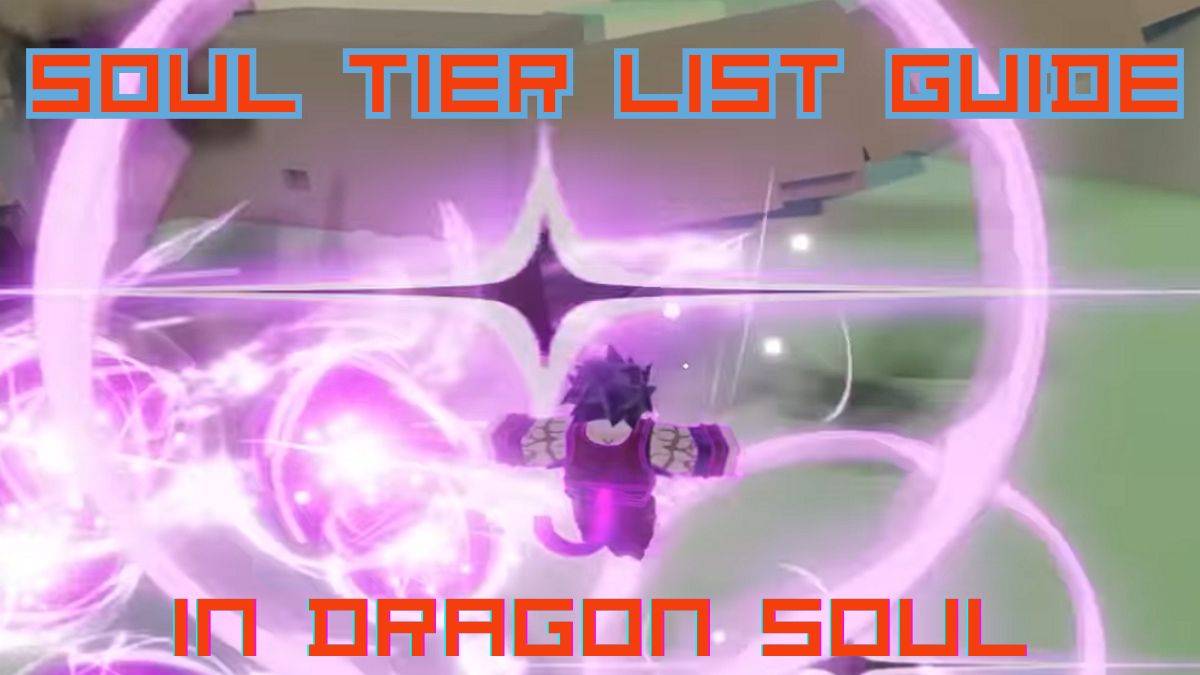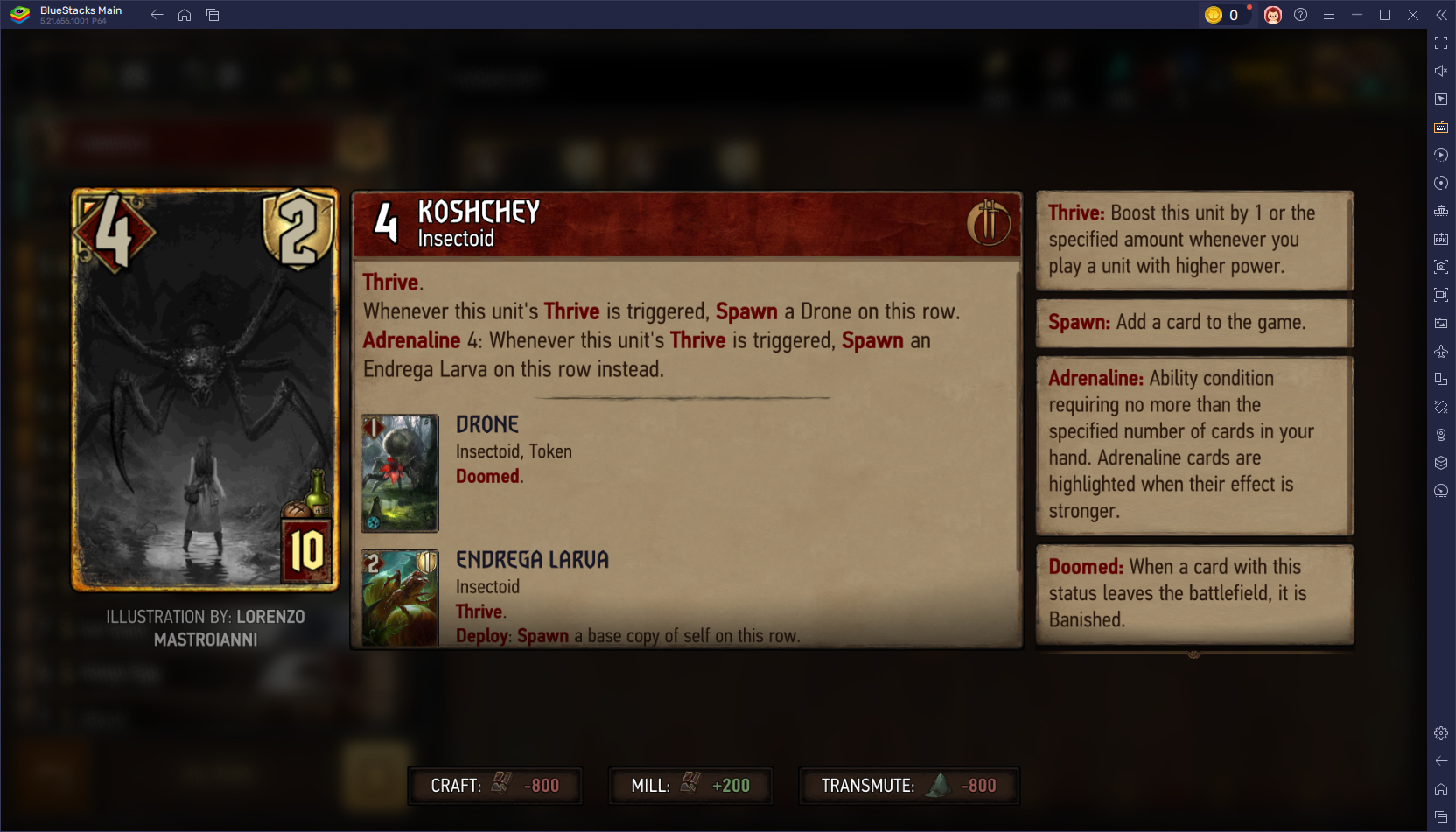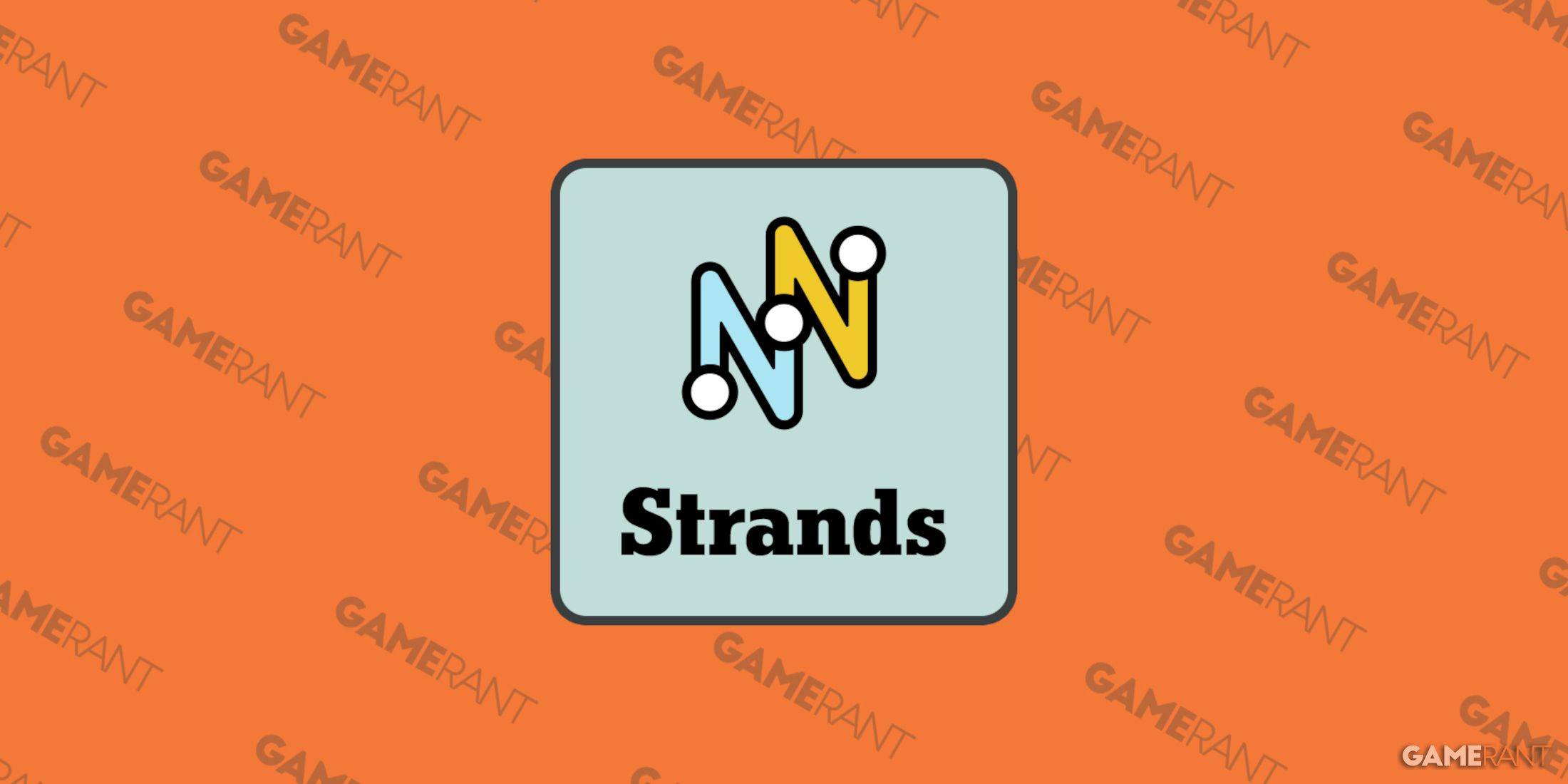RAID Shadow Legends: How the Pity System Works and Its Impact
- By Nora
- Oct 14,2025
RAID: Shadow Legends relies heavily on its RNG-driven champion summoning system, making shard pulls thrilling yet often disappointing, especially after many attempts without securing a Legendary champion. To ease this frustration, Plarium introduced the Pity System. But how does it function? Is it truly effective? And does it genuinely benefit free-to-play (F2P) or low-spending players? This guide dives into the details.
Understanding the Pity System in RAID: Shadow Legends
The Pity System is an underlying feature that boosts your odds of summoning higher-rarity champions—Epic or Legendary—after a prolonged streak of unsuccessful pulls. In essence, the longer you go without a high-value champion, the better your chances become until a successful pull occurs. This mechanism aims to prevent extended periods of bad luck where players use countless shards without landing a strong champion. While not openly promoted in-game by Plarium, its existence has been verified through datamining, developer statements, and extensive player feedback.
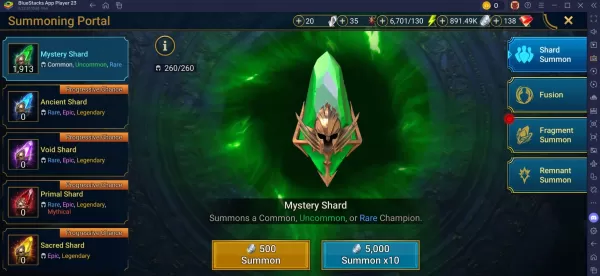
Sacred Shards
Base Legendary chance: 6% per pull.
Mercy activates: After 12 pulls without a Legendary.
Starting with the 13th Sacred pull without a Legendary, each subsequent pull increases your Legendary odds by 2%.
Here’s how it progresses:
13th pull = 8% chance 14th pull = 10% chance 15th pull = 12% chanceDoes the Pity System Benefit Most Players?
The answer isn’t straightforward. Is the system consistently helpful? Not really. Many players note that the pity threshold is so high that they often pull a Legendary champion before reaching it. This raises the question of how the system could be improved. A pity system is undoubtedly valuable for a gacha game like RAID: Shadow Legends, particularly for F2P players who grind tirelessly for shards only to face repeated disappointments.
However, adjustments could enhance its effectiveness. For instance, reducing the pity threshold from 200 to 150 or 170 pulls would make it more accessible, allowing players to conserve shards and feel the system’s impact more frequently.
Experience RAID: Shadow Legends on a larger PC or laptop screen with BlueStacks, using keyboard and mouse for a more immersive gameplay adventure.
Latest News
more >-

-
- Star Wars Outlaws Coming to Nintendo Switch 2
- Dec 13,2025
-
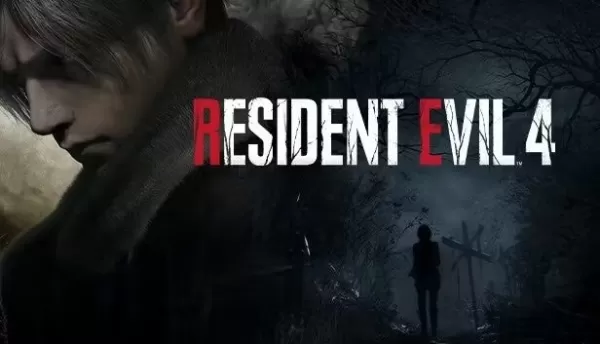
-
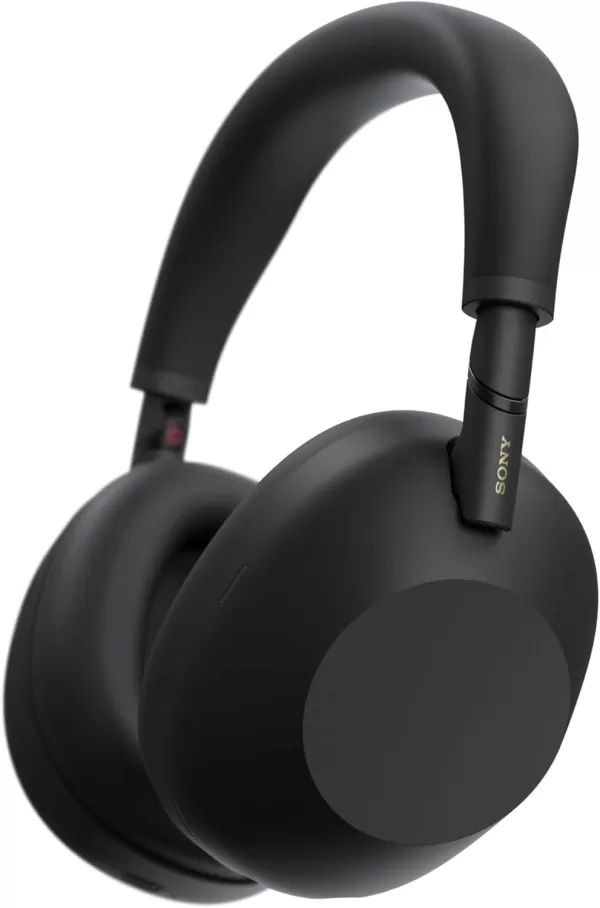
-
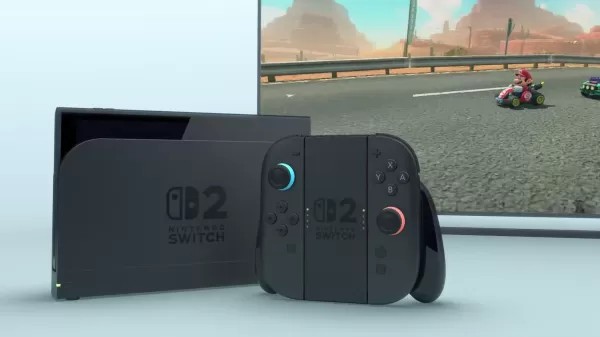
- Trump Tariffs Hit Razer Gaming Laptops
- Dec 12,2025

